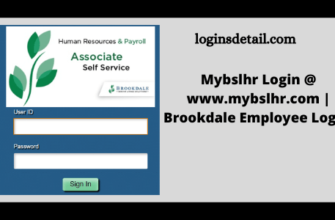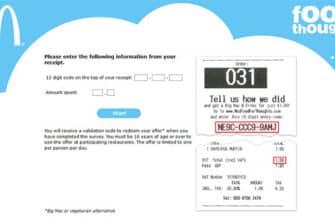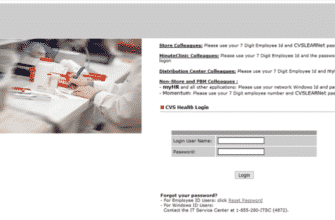So you’re interested in acquiring a property in Israel, and now it’s time to start looking into how to pull together the financing for this major purchase. Much like in any other country, mortgages play a key role in real estate purchases in Israel. And just the same as anywhere else, getting approved for a mortgage in Israel isn’t always easy. Here are some of the critical factors that will decide if you can take out a mortgage in Israel.
Can You Demonstrate Sufficient Income?
Banks give out mortgages to turn a profit from the interest payments. It’s their goal to give out as many mortgages as possible, as long as the people taking them out can pay. One of the most important factors for mortgage approval is your current income and how well you’ll be able to make payments.
There’s a fairly complex and fast rule when it comes to mortgages in Israel. You won’t be able to get any mortgage if the payments are going to be over 33% of your net income. In addition to this rule, the bank will also consider your total debt to income ratio once you have the mortgage. If you have existing loans, you could need a higher income to meet the bank’s standards.
So let’s say you do make enough. How do you demonstrate this to the bank? The paperwork can vary depending on whether or not you’re currently a resident of Israel. Non-resident rules also apply to Israeli citizens who don’t currently reside in the country.
You’ll likely have to show your six most recent paystubs to establish your income. The bank will also request bank statements and credit statements. All of this information has to be submitted with the proper forms as well. In most cases, you’ll need forms 9W, 2W, and 1040. Mortgage filing isn’t something you want to risk making a mistake on, so consider reaching out to a private mortgage broker.
Can You Secure Financing for the Property You Want?
When trying to get a mortgage, you need to ensure that you can secure financing for the specific property you’re interested in. There are a few different things to consider here regarding how much financing the bank can provide and what you can afford.
First of all, banks can only provide up to 75% of the property’s value in financing. That’s the absolute maximum, and that’s reduced to 50% for non-residents. It’s essential to keep in mind that they will finance up to 75% of the assessed value from their appraiser, not 75% of what you actually end up paying.
There are additional costs that come with every mortgage that you also have to consider. You’ll have a variety of closing costs, broker fees, legal fees, and appraisal fees. These all need to be taken into account when finding a property you can finance and afford. If you work with a private mortgage broker, they’ll be able to factor these costs in from the beginning.

Do You Have a Prepared Mortgage Plan?
A mortgage plan is an absolute necessity here in Israel. You’re going to need one if you wish to take out a mortgage. Only in other countries like the United States, Israel doesn’t have simple fixed-interest periods for mortgages. Instead, your mortgage is going to include many options of routes for varying periods of time.
Your mortgage plan lays out how these are going to work and is essential for determining your monthly payments, interest rates, and financing. Without it, you won’t be able to take out a mortgage in Israel. The big problem for property buyers here is that the advisors at the bank will often offer to put together your mortgage plan themselves. What seems like a helpful suggestion is actually the bank’s way of making sure they get the most favorable terms for themselves.
Are You Working With a Private Mortgage Advisor?
You should have a mortgage plan prepared by someone who works for you, not for the bank. A private mortgage advisor can help you through the entire process. With their advice, you can get the best rates and lowest payments available on the mortgage in Israel you’re looking for.




